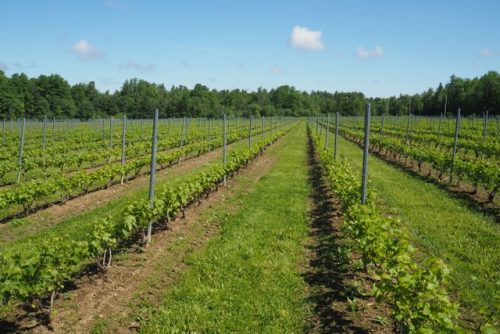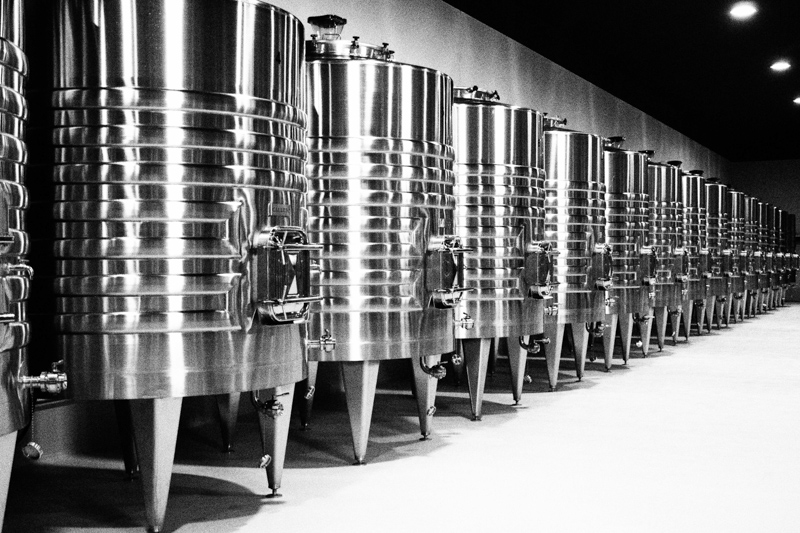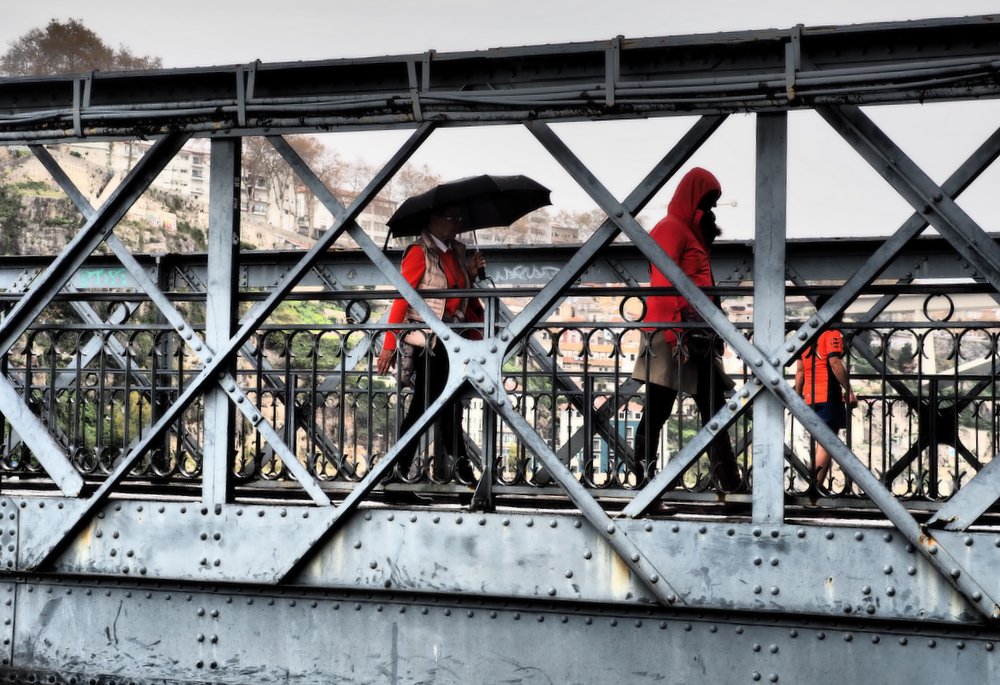
There’s an issue in the wine world that I think needs discussion, and it’s tasting panels in appellations.
Throughout the wine world, appellation laws exist. There are various reasons for them.
The most important, is to ensure integrity in labelling. If a wine has a name of a place on it, then it should come from that place. If it says it’s from a specific vintage or variety, then this should be true, too.
Then there is the creation of brand equity in the appellation: it acts not only as a guarantee of origin, but also as a guarantee of quality. If a wine is awarded an appellation status, it is saying that the wine is good and typical.
The appellation also acts as a marketing tool. There will typically be a local association or body associated with the appellation who will coordinate regional marketing initiatives and provide support (sometimes also technical in nature, too) for the members.
The appellations of France are perhaps the best known. Anyone who has studied wine will have pored over the different AOCs (for appellation d’origine controlée). This term was changed to AOP (appellation d’origine protégée) in 2009 and Vin de Pays was changed to IGP (indication géographique protegée) at the same time, but the older terms are still widely used.
The French system differs from the typical approach in the New World, in that not only does it designate the geographical boundaries of the territory, but also has other rules. It legislates the grape varieties that may be used. For example, Chablis allows just one – Chardonnay – while Châteauneuf du Pape famously allows fourteen. It also governs yields and interventions such as irrigation, or even the method of frost protection. The cahier des charges specifies the rules of the AOP or IGP. Its goal is to protect the regional identity of the local wine.
Across the EU there are now standards for PDOs across all manner of agricultural, food and drink products.
The new world regions have also adopted appellation systems, but this is usually simply a matter of where the grapes come from. The prestige attached to having a named geographic indication (GI) has caused parcelling out wine regions into ever smaller locales to be somewhat of an aspirational activity on the part of some new world regions. Often this is done prematurely, and with little scientific backing, although a good example would be the work done on identifying Gualtallary in Argentina’s Uco Valley as a GI, which was based firmly on good science.
Once a name is part of an appellation, its use is protected and regulated, and you can’t use it on your label anywhere, unless you are part of the appellation.
With wine appellations, though, people can’t seem to resist having a tasting panel, which all wines seeking the appellation have to pass. I think this is a grave mistake.
I was in Quebec at the weekend, and as I was visiting producers, there was quite a bit of discussion about the new Vins de Quebec IGP. This is a small, young wine region, and it’s great to see it grow and develop, and the IGP is part of this growth. But they have decided to have a six-person tasting panel which any wines aspiring to be IGP have to pass. In theory, this seems like a good idea. In practice, I’ve seen these sorts of tasting panels cause chaos all around the world.
I’ve written about this in the past here. This article was focusing on the issue of export approval, where a tasting panel decides whether a wine can be exported. In France, the different AOPs have a jury to decide whether the wine is typical of the appellation, which is a bit different. If a wine fails this test, then the producer can relegate it to the Vin de France category, but they can still sell it and export it. In some cases, failing the AOP is seen as a bit of a badge of honour, and the wines sell for more than many of the AOP wines do.
In Canada, the situation is quite different. In Ontario, for example, if you fail to get the VQA then it costs you money, as you aren’t eligible for the government rebate of 30%. This is a big financial penalty. The same applies with the new Quebec IGP: if you fail, then you lose a substantial rebate. [To the credit of the Ontario VQA, they recognized the difficulty of assessing skin-contact whites and introduced a new category for these orange wines.]
Tasting panels seem like a good idea. But they can cause winegrowers a lot of pain, especially if these winegrowers are making wines that don’t fit easily into existing styles and categories. Ultimately, what would happen if there were no tasting panels? Australia have abolished their export approval tasting panel, and there has been no effect on the quality of wine exported. Ultimately, the market will decide. Wines don’t sell because they are VQA or IGP. There are plenty of mediocre wines on the shelves already that have passed. With a long-established AOP, then you could argue that the tasting for typicity is warranted because there are clear style expectations, for example, for Sancerre or Chablis. But for newer regions, or regions undergoing change, then a straightjacket self-imposed style expectations might be a problem.
What worries me as a traveler around the wine world’s regions is that I’ve seen the difficulties that many serious producers have faced at the hands of these tasting panels. Sometimes the people tasting aren’t the strongest, most internationally experienced tasters, and some even seem to make up faults as they go along. Others have an axe to grind, for example with natural wines, and use their position to act as arbiters of style. Making and selling wine is hard enough without having to fight these battles. While having a tasting panel might seem a good idea in practice, it might be wise to phase them out.
5 Comments on Appellations don’t need tasting panels

I personally disagree with your conclusion for many reasons and I have written in several occasions about it, this is my last one https://www.italyabroad.com/wine_blog/delle-venezie-doc-debuts-second-vintage, but if we really want to keep the appellation, then we need to make them stronger and the only way is by subjecting all wines to a proper, knowledgeable tasting panel, otherwise, they are useless except for providing wine drinkers information about the provenance of the wine.
First and foremost, the appellation is a brand on itself, I written about it in 2017 https://www.italyabroad.com/wine_blog/global-brands-and-wineries and especially unknown, small producers want to be part of it to be able to sell their wines. You mention the French system but it is the same for all old world wine makers, try to sell a chardonnay from borgougne and a chablis, chablis would sell 10 times more. Then there are the likes of Gaja that can afford to disregard the appellation because their brand is stronger.
And while French, Italian and Spanish appellations are century old and made of too many opposite souls, new world’s appellation could actually create appellations that have integrity and guarantee wine drinkers and by doing that, they will avoid brand damages old world appellation have had due to poor quality wine. Think about Chianti or Soave or Frascati only to mention a few.
Great post – as commented on twitter I’m in two minds on these.
Interesting and thought provoking, as always, Jamie, gracias! From my experience in Spain, I’d say that whilst a wine being included under the auspices of a Denominación de Origen should be a guarantee of its quality, it sometimes isn’t. This, because in my view some DOs have lowered their quality standards in the past, and perhaps still are doing so. Famous name DOs can afford to do this, for a good while, as they know their wines will sell, simply because of the name. I believe Rioja went through this, Cava also, though there have been great improvements in the former and some in the latter. Therefore, it’s not always correct to say that the market will determine the quality – poor Rioja, not worthy of the name, was still sold in vast quantities; the same applies to Cava nowadays too. Also, there are many examples of Bodegas leaving their DOs, for a number of reasons, one of them often being because of worries about being associated with what they consider to be a lesser quality than their own wines. Finally, whilst I take your point that there may be some DO tasting panel members who have hidden agendas, it’s only a ‘may have’, rather than a fact, and I’ve actually never heard of that at all here – though, that doesn’t mean that it isn’t happening, of course. I’d suggest though that it’s only in rare isolated cases?
Interesting article. I can see the point in having a means of ensuring quality but I am concerned that so few people (panel of 6 tasters) are involved in the decision. I would have expected at least 50. It only takes one person to be having a bad day to seriously affect a vineyard’s viability with such a large penalty for failure to obtain the VQA/IGP.
So how do you exclude wines that are of so obvious poor quality that they damage the ‘brand equity’ that the appellation is trying to enhance? There is no other way than a tasting panel. I agree that ‘typicity’ is a dangerous concept as it tends to favour established producers, in which case the appellation needs an appeal panel that can see the wider wine picture and acknowledge new developments in wine styles.